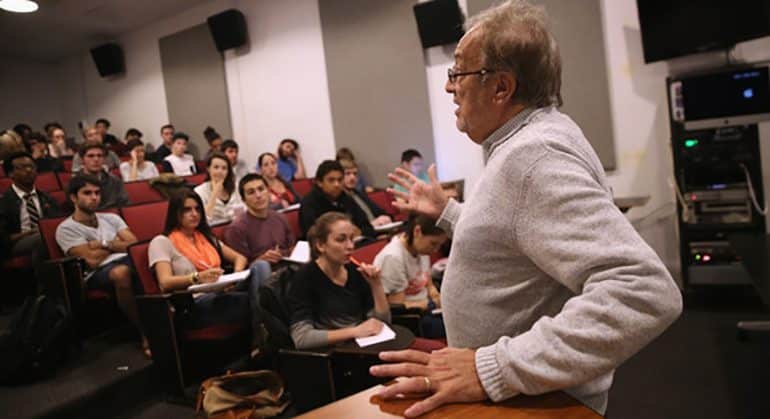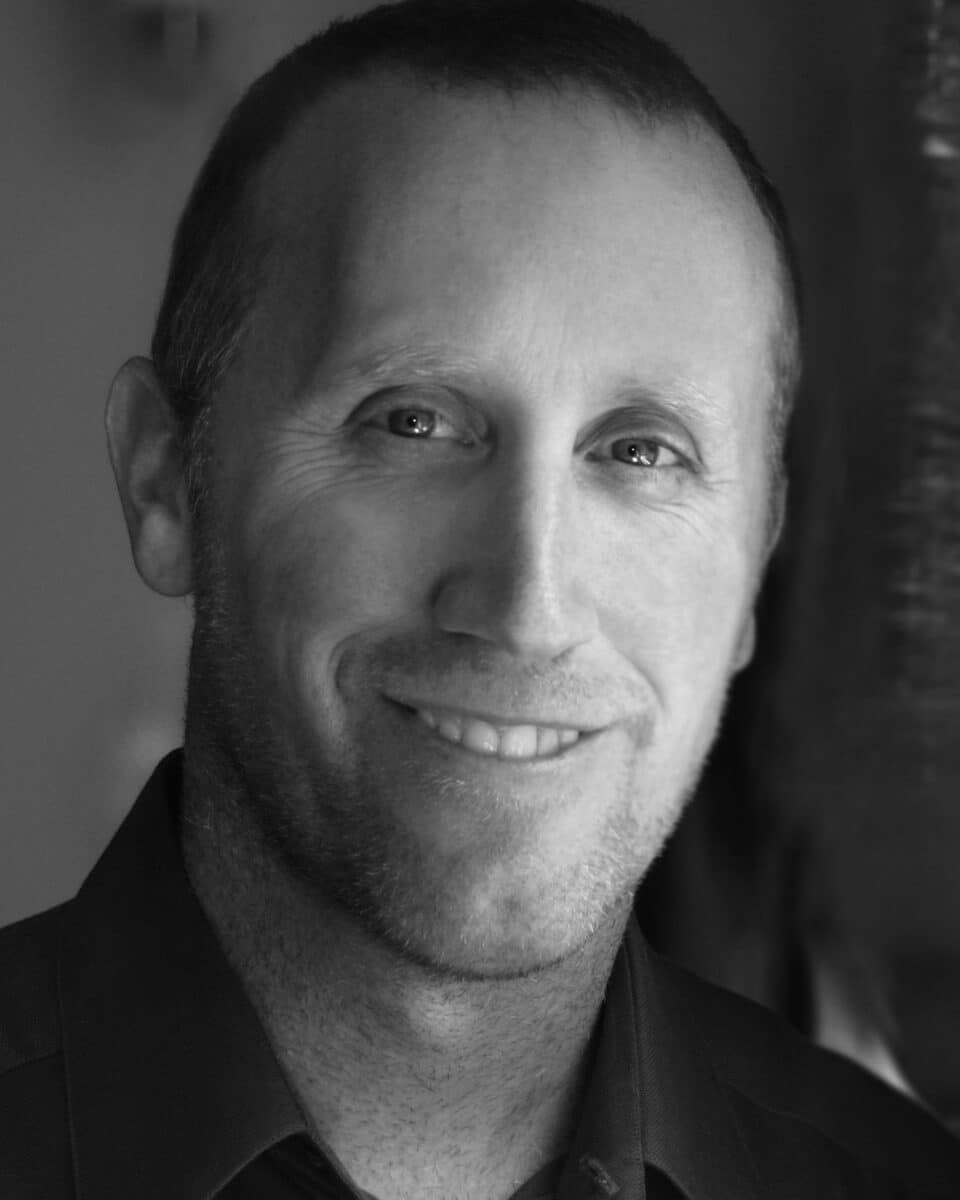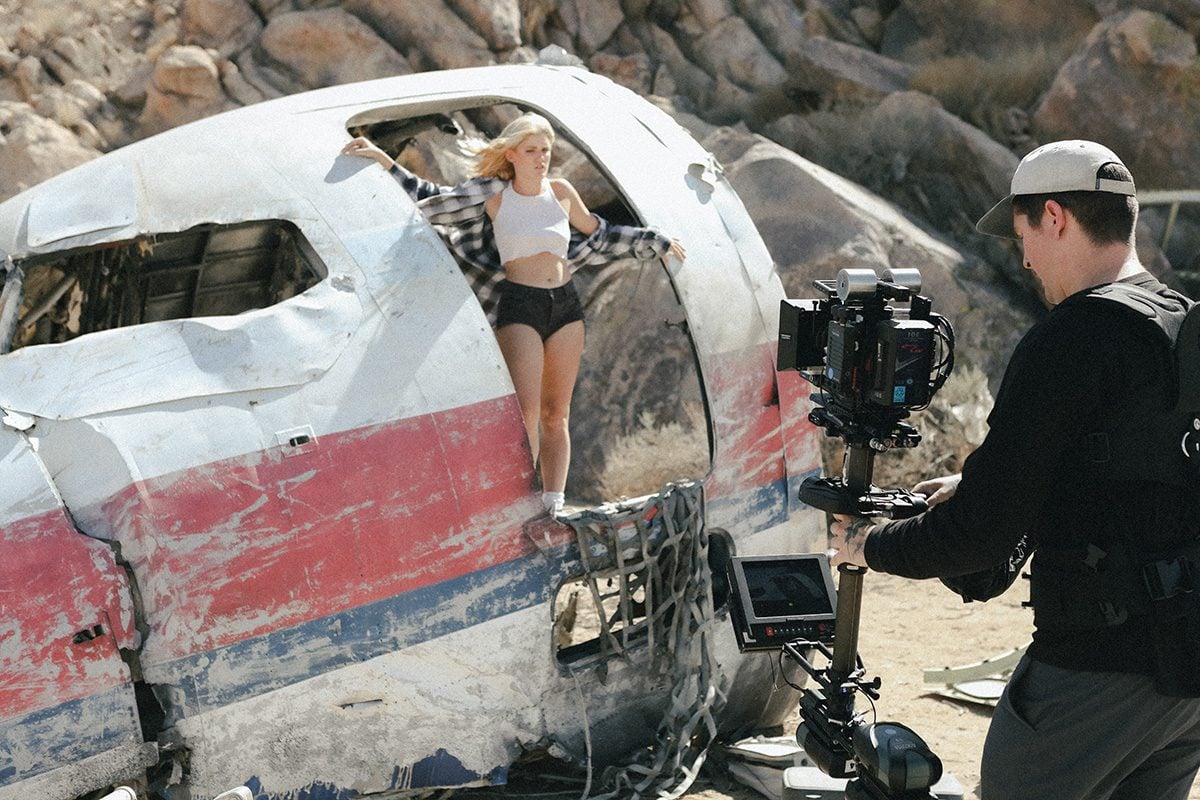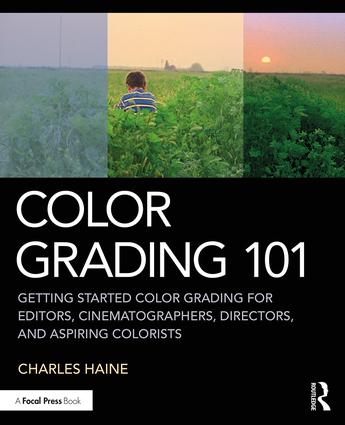Exclusive Interview with Kenneth Dancyger
 Ken Dancyger is the author or co-author of seven books on screenwriting, directing, film editing and production. They are “The Technique of Film and Video Editing,” “The Director’s Idea,” “Alternative Scriptwriting,” “Writing the Short Film,” “Global Scriptwriting,” “The World of Film and Video Production,” and “Broadcast Writing.” Ken conducts screenwriting and post-production workshops internationally for the past eighteen years, including South Africa, The Netherlands, Germany, Switzerland, Portugal, Belgium, the United Kingdom, Columbia, Singapore, Australia and Canada. He is active as a script consultant in the United States and throughout Europe and Asia. Ken is past Chair of Undergraduate Film and Television, TISCH School of the Arts, New York University, where he is a Full Professor. Current writing projects include a book about “Genre Scriptwriting,” a book entitled, “The Greatest: Hollywood in 1939,” a personal memoir, “The War That Never Ended” and “Murder Not Permitted,” his first novel.
Ken Dancyger is the author or co-author of seven books on screenwriting, directing, film editing and production. They are “The Technique of Film and Video Editing,” “The Director’s Idea,” “Alternative Scriptwriting,” “Writing the Short Film,” “Global Scriptwriting,” “The World of Film and Video Production,” and “Broadcast Writing.” Ken conducts screenwriting and post-production workshops internationally for the past eighteen years, including South Africa, The Netherlands, Germany, Switzerland, Portugal, Belgium, the United Kingdom, Columbia, Singapore, Australia and Canada. He is active as a script consultant in the United States and throughout Europe and Asia. Ken is past Chair of Undergraduate Film and Television, TISCH School of the Arts, New York University, where he is a Full Professor. Current writing projects include a book about “Genre Scriptwriting,” a book entitled, “The Greatest: Hollywood in 1939,” a personal memoir, “The War That Never Ended” and “Murder Not Permitted,” his first novel.
StudentFilmmakers Magazine: What do some film editors think about screenwriters?
Kenneth Dancyger: Film screenwriters and film editors have more in common than many realize. They both are working to tell a story, but each uses different tools. The writer uses premise, character, structure, genre and tone. The editor uses shots, sounds, scenes and sequences.
Screenwriters organize the story through the protagonist’s character arc. The editor works with the director’s translation of the script via performance and the camera. If the director has coaxed out an important subtext, the editor adds that dimension together with his main goals, narrative clarity and dramatic emphasis. The writer provides the director with a narrative, the director adds performance and camera placement and movement. It is left to the editor to shape the performances and to use the organization of shots and sounds to give the story its soul.
StudentFilmmakers Magazine: How can screenwriters think like film editors when they craft and edit their screenplays?
Kenneth Dancyger: Screenwriters can learn a great deal from editors. Editors deal with the specific – shots, sounds…
Specifics are the key here. Writers too often think conceptually, by its nature more general. Writers need to be as specific as possible about character, about plot. Writers also need to use specific details to shape the tone of the narrative. Think of the lines or images you remember. A hand embraces a lit match to put out the match. Cut to an extreme long shot of the rising sun. In the background of the image, two specks, camel riders in “Lawrence of Arabia.” Or the repetitive use of a piece of dialogue, “I’ll make him an offer he can’t refuse.” Or, “Make my day.” Be specific – that is what writers can learn from editors.
The same notion of specificity will help the writer create the tone of the script. Tone tends to be genre-specific. Tone points the audience toward the outcome for the protagonist. Tone helps the audience believe what happens to all the characters.
StudentFilmmakers Magazine: What was one of the most important things you learned while working on a script?
Kenneth Dancyger: What I learned in writing a script is that there are two types of scripts – classical and voice-directed.
The classical follows a traditional three-act structure. We are invited to be with a main character from crisis at the beginning to the character’s change in the course of the narrative to resolution of the crisis. The primary difficulties in this type of story is how to use plot and how to deal with Act 2, double the length of the other two acts.
The second type of story, the voice-oriented narrative looks very different. And experimental narrative like Wong Kar-wai’s “In the Mood for Love” has great style and emotion but minimal narrative drive. A docu-drama like “United 93” looks like a documentary, is all plot and has no main character. Satire and fables are driven by the moral of the story and are creative, volatile and usually have tonal shifts. Classical three-act stories are far easier to write than the alternative voice-directed stories.
StudentFilmmakers Magazine: If you could share your “Top 3 Screenwriting Tips” for aspiring filmmakers and storytellers, what would they be?
Kenneth Dancyger: My top 3 screenwriting tips for aspiring writers are as follows:
Tip #1. The character arc of the main character has to be about change. How does your character change in your story? Change happens through relationships and the pressure of plot. Typical changes are a “coming of age” arc or a “loss of innocence” arc. We should identify with the main character and his or her change should be substantial. The bigger the change, the better.
Tip #2. Triangulate the conflicts in your story. In a melodrama like “Titanic,” Rose (Kate Winslet) is the main character. She has to choose between two opposite, love, represented by Jack (Leonardo DiCaprio) or money represented by Cal (Billy Zane). Rose, Jack, and Cal represent the triangulation. The more triangulation the writer uses, the more conflict (energy) the screenplay will have.
Tip #3. Every film genre is one genre or another. Genres are recognizable and they can be pushed, pulled or amended to make the narrative seem fresher. Careers are built on genres, think Preston Sturges and screwball comedy, Stanley Kubrick and war, and Francis Ford Coppola and the gangster genre.
Interview conducted by Jody Michelle Solis. Associate Publisher for StudentFilmmakers Magazine (www.studentfilmmakers.com), HD Pro Guide Magazine (www.hdproguide.com), and Sports Video Tech (www.sportsvideotech.com) Magazine. “Lifelines, not deadlines. Motion Arts. Fusion Everything.”



 Ken Dancyger is the author or co-author of seven books on screenwriting, directing, film editing and production. They are “The Technique of Film and Video Editing,” “The Director’s Idea,” “Alternative Scriptwriting,” “Writing the Short Film,” “Global Scriptwriting,” “The World of Film and Video Production,” and “Broadcast Writing.” Ken conducts screenwriting and post-production workshops internationally for the past eighteen years, including South Africa, The Netherlands, Germany, Switzerland, Portugal, Belgium, the United Kingdom, Columbia, Singapore, Australia and Canada. He is active as a script consultant in the United States and throughout Europe and Asia. Ken is past Chair of Undergraduate Film and Television, TISCH School of the Arts, New York University, where he is a Full Professor. Current writing projects include a book about “Genre Scriptwriting,” a book entitled, “The Greatest: Hollywood in 1939,” a personal memoir, “The War That Never Ended” and “Murder Not Permitted,” his first novel.
Ken Dancyger is the author or co-author of seven books on screenwriting, directing, film editing and production. They are “The Technique of Film and Video Editing,” “The Director’s Idea,” “Alternative Scriptwriting,” “Writing the Short Film,” “Global Scriptwriting,” “The World of Film and Video Production,” and “Broadcast Writing.” Ken conducts screenwriting and post-production workshops internationally for the past eighteen years, including South Africa, The Netherlands, Germany, Switzerland, Portugal, Belgium, the United Kingdom, Columbia, Singapore, Australia and Canada. He is active as a script consultant in the United States and throughout Europe and Asia. Ken is past Chair of Undergraduate Film and Television, TISCH School of the Arts, New York University, where he is a Full Professor. Current writing projects include a book about “Genre Scriptwriting,” a book entitled, “The Greatest: Hollywood in 1939,” a personal memoir, “The War That Never Ended” and “Murder Not Permitted,” his first novel.


